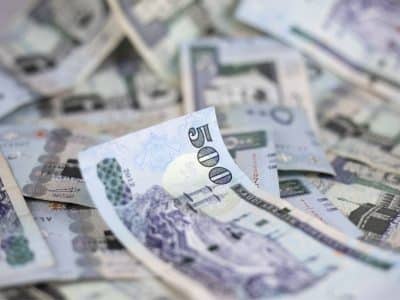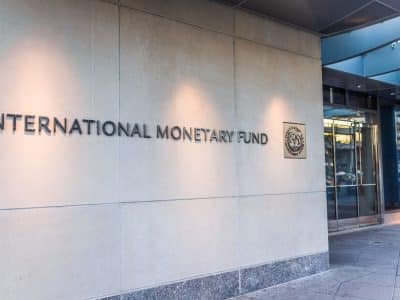Saudi Arabia leapfrogged the United Kingdom, Japan and France to become the world’s fourth largest military spender in 2013, according to a new report released by Stockholm International Peace Research Institute (SIPRI).
The report said military spending in the Middle East increased by four percent in 2013, reaching an estimated $150 billion.
Saudi Arabia’s spending increased by 14 percent, to reach $67 billion, possibly due to tensions with Iran but also the desire to maintain strong and loyal security forces to insure against potential ‘Arab Spring’ type protests.
Maintaining regime survival in the face of internal opposition is also the likely motive for Bahrain’s 26 percent increase, the study noted.
However, the largest regional increase was by Iraq (27 percent), as it continued the rebuilding of its armed forces.
“Military spending data for Iran, Qatar, Syria and the United Arab Emirates are not available for 2013, which means that the estimated regional total is highly uncertain. This reflects the general opacity of military spending in the region, and even where data is available it may not cover all military spending,” said Dr Sam Perlo-Freeman, director of SIPRI’s Military Expenditure Programme.
The report said world military expenditure totalled $1.75 trillion in 2013, a fall of 1.9 percent in real terms since 2012.
The fall in the global total resulted from decreases in Western countries, led by the United States, and despite increases in all other regions. In fact, military spending in the rest of the world excluding the USA increased by 1.8 percent.
The next three highest spenders — China, Russia and Saudi Arabia — all made substantial increases, it said, adding that Saudi Arabia was among 23 countries around the world that have more than doubled their military expenditure since 2004.
The fall in US spending in 2013, by 7.8 percent, is the result of the end of the war in Iraq, the beginning of the drawdown from Afghanistan, and the effects of automatic budget cuts passed by the US Congress in 2011.
Meanwhile, austerity policies continued to determine trends in Western and Central Europe and in other Western countries, the report added.
“The increase in military spending in emerging and developing countries continues unabated,” said Perlo-Freeman. “While in some cases it is the natural result of economic growth or a response to genuine security needs, in other cases it represents a squandering of natural resource revenues, the dominance of autocratic regimes, or emerging regional arms races.”








